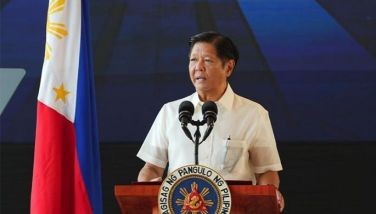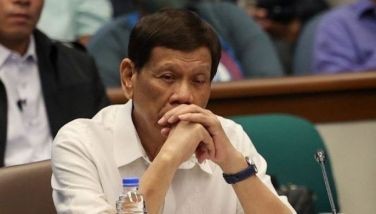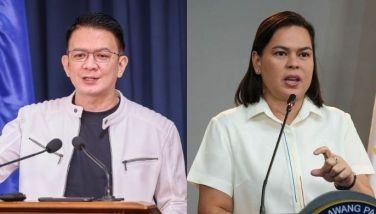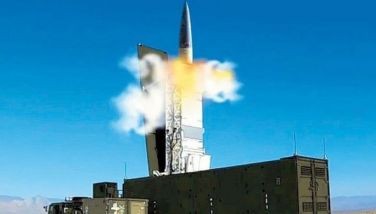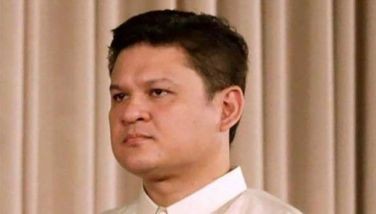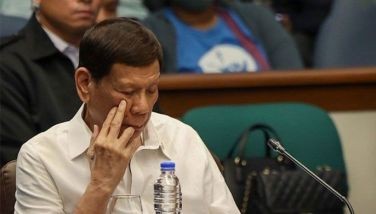UP history profs slam 'mythical' golden era under martial law
MANILA, Philippines – The professors of the University of the Philippines (UP) History Department on Wednesday issued a statement clarifying that the martial law era under late President Ferdinand Marcos is not a period of peace and prosperity.
The professors decried that the distortion of history is a "deceptive nostalgia" that never really occurred, citing that the darkness of dictatorship started when Marcos declared martial law in 1972.
“The darkness of dictatorship descended upon the Philippines when Ferdinand E. Marcos declared martial law in 1972, and the dictator ruled the nation with impunity,” the professors said.
“Great danger now lurks behind a deceptive nostalgia for a past that never really existed—that the Marcos years were a period of peace and prosperity. This is patently Marcos myth and deception. Under martial law, the country was plunged into a climate of repression and plunder and then into social crisis that exploded in the 1980s,” it added.
The professors warned the voters to not fall for the myth describing the Marcos years as the country's “golden age." The statement denounced the deception and demanded accountability from the Marcoses.
“The sad thing indeed that could happen is to fall for the trap of seeking a better society from a mythical ‘golden’ past. In that past, Marcos myth-making served to hide the power grab and greed of a Malakas at Maganda. Today, Marcos deception seeks to evade accountability. We reject deception and demand accountability!” the statement read.
They further explained that even economists know about the extent of poverty during the martial law era.
“Economic crises characterized the Marcos years, as economists have consistently revealed the most telling indicator was the extent of poverty. Poverty incidence grew from 41 percent in the 1960s to 59 percent in the 1980s,” the professors said.
“Vaunted growth was far from inclusive and driven by debt, which further weighed down on the nation. From 1970 to 1983, foreign debt increased twelve times and reached 520 billion. It grew at an average rate of 25 percent from 1970 to 1981,” they cited.
In a televised interview, vice presidential candidate Sen. Ferdinand Marcos Jr. said EDSA interrupted the growth of Philippine economy that could have led to development similar to Singapore’s.
“Kung walang EDSA, baka para tayong Singapore ngayon. Bakit ko sinasabi ‘yun? Sinasabi ko ‘yun dahil pareho ang mga basic na services na dinadala ng Singapore, pareho ang mga sektor na dini-develop ng Singapore,” Bongbong said.
“Two-thirds ng utang natin ngayon ay dito sa administrasyon na ito kaya’t papaano nila gagawin na hindi katumbas talaga dun sa kanilang sinasabi 'yung kanilang talagang ginagawa?” the senator added.
The UP professors responded by saying Marcos Jr.’s statement is a “big joke” and a “malicious lie,” citing that the country posted the lowest gross domestic product during the Marcos years.
“To say then that EDSA interrupted our becoming like Singapore is a big joke, a malicious lie. Marcos had mismanaged the economy; it was in shambles long before the EDSA revolt. From 1970 to 1980, among East Asian and Southeast Asian countries, the Philippines registered the lowest GDP at 3.4 percent,” they said.
On March 2, more than 400 professors of the Ateneo de Manila University also released a statement condemning the "willful distortion" of the country's history saying the Marcos era is a golden past. They described the twisting of history as “shameless refusal to acknowledge the crimes of the martial law regime.”
RELATED: Ateneo profs condemn historical distortion of Marcos era
- Latest
- Trending


















